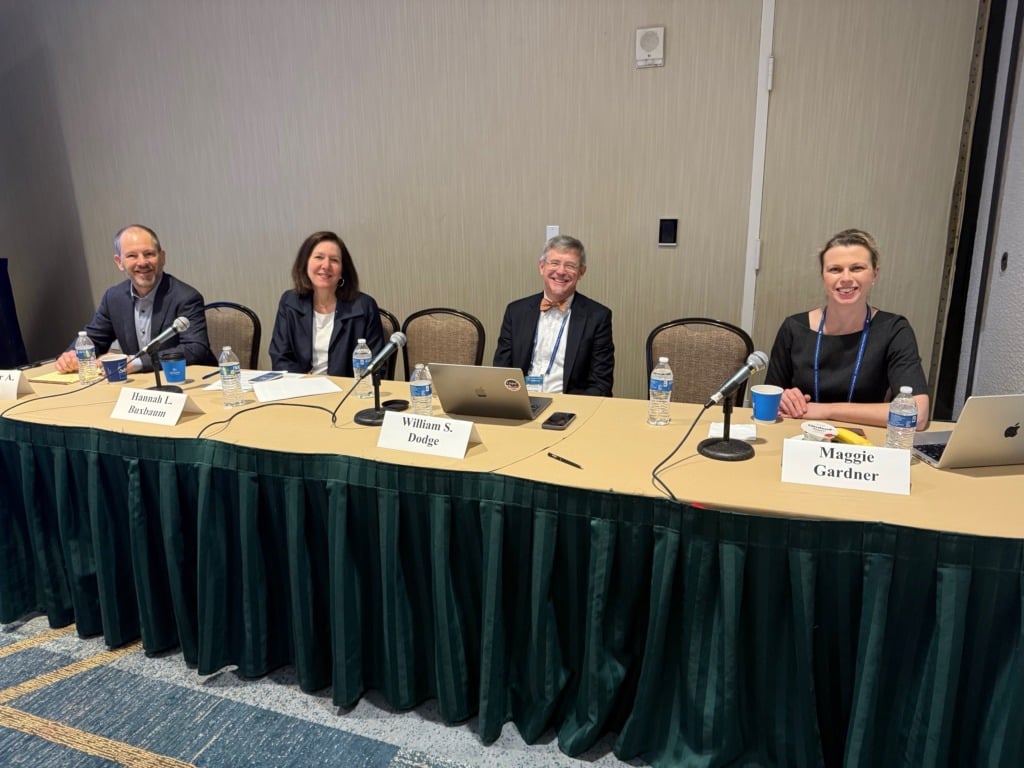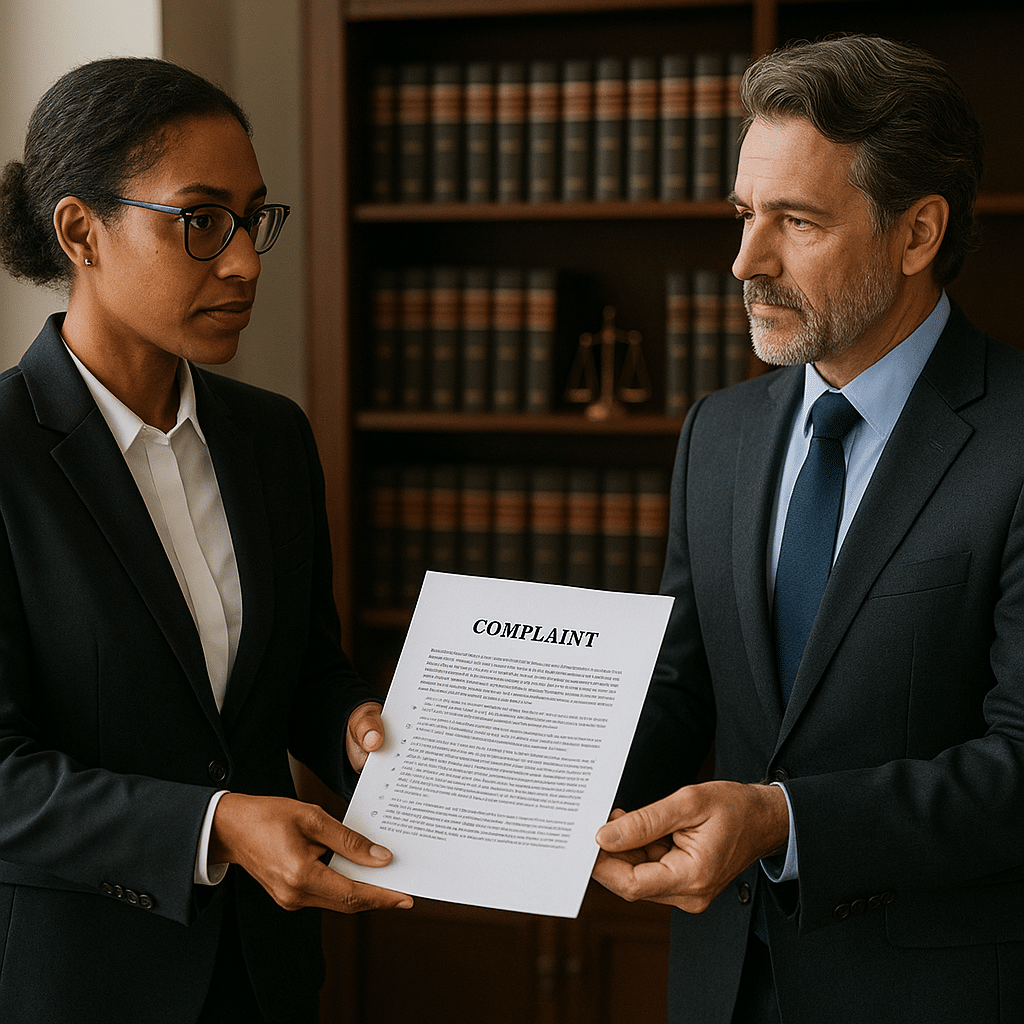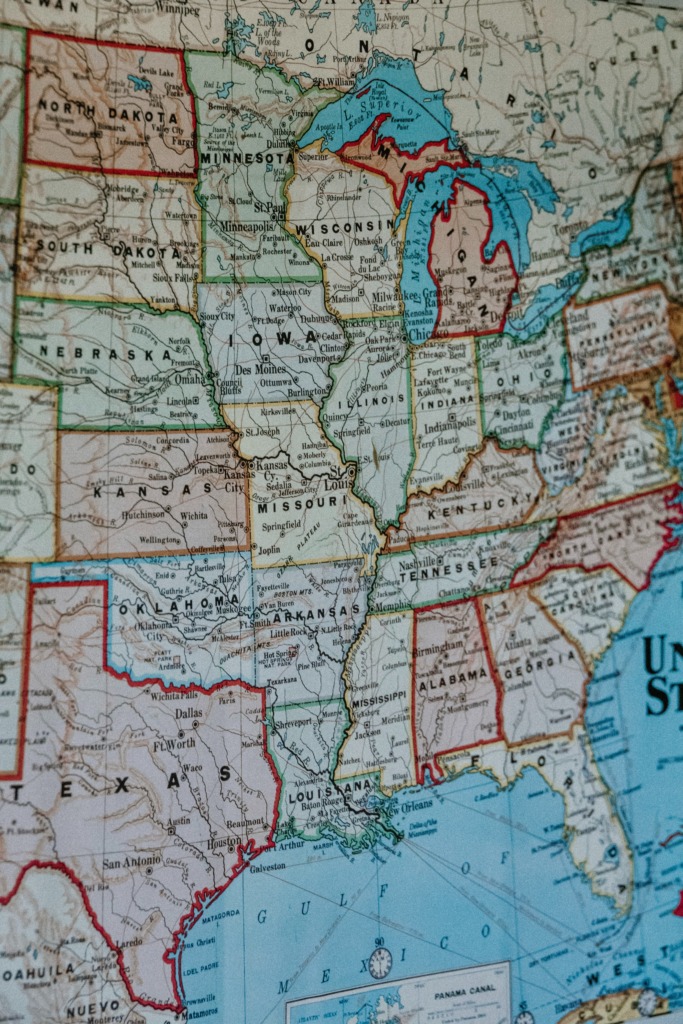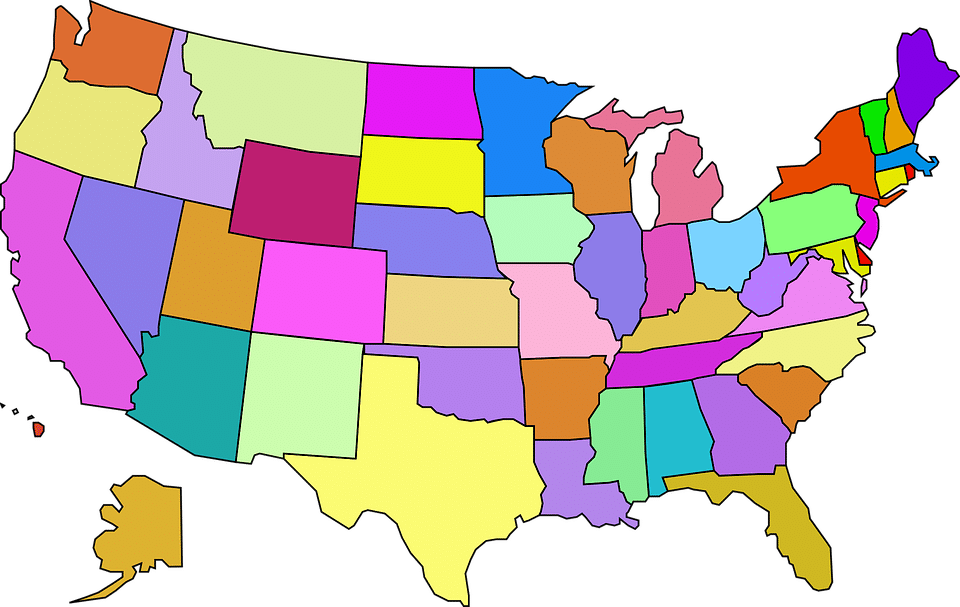Extraterritoriality in Flux
Earlier this month, at the annual meeting of the Association of American Law Schools, TLB Editors Maggie Gardner, Bill Dodge, and Hannah Buxbaum participated in a panel organized by the Section on Conflicts of Law entitled “Extraterritoriality in Flux.” This post summarizes their remarks. Maggie Gardner: It’s Time to Look Beyond the Presumption Against Extraterritoriality…
Continue ReadingExtraterritorial Application of State RICO Statutes
Over the past decade, the U.S. Supreme Court has twice addressed the extraterritorial application of the federal RICO statute. In RJR Nabisco, Inc. v. European Community (2016), the Court held that RICO’s criminal provisions apply extraterritorially to the same extent as the predicate acts on which RICO charges are based, whereas RICO’s civil cause of…
Continue ReadingChoice of Law in Shareholder Derivative Litigation
U.S.-based investors hold trillions of dollars in equity of foreign companies. In the event of corporate wrongdoing, those investors may want to initiate shareholder derivative litigation in the United States against the managers of those corporations. This form of litigation is brought on behalf of the corporation itself rather than as a direct action. Derivative…
Continue ReadingMore on Serving Foreign Defendants’ U.S. Counsel to Avoid the Hague Service Convention
In April, one of us wrote a post describing a case in which Judge Carol Bagley Amon (Eastern District of New York) relied on New York rules to order service on foreign defendants through their U.S. counsel. Because the service was completed in the United States, there was no occasion to transmit documents for service…
Continue ReadingState Presumptions Against Extraterritoriality Apply to State Statutes
At TLB, we write a lot about extraterritoriality in general and about the federal presumption against extraterritoriality in particular. For the last three decades, the federal presumption has been the principal tool that courts have used to determine the geographic scope of federal statutes. But what if the statute in question is a state statute?…
Continue ReadingForeign Law in State Courts
The Yale Journal of International Law recently published my article, Foreign Law on the Ground. The article is a comprehensive study of the treatment of foreign law in U.S. courts. Most the prior scholarship on foreign law in U.S. courts has focused on federal courts and Federal Rule 44.1. My article discusses federal courts, but…
Continue ReadingDemystifying Borrowing Statutes
A borrowing statute is a law directing the courts in one jurisdiction to “borrow” the shorter statute of limitations of another jurisdiction. Borrowing statutes are common in the United States—thirty-six states have enacted them—but they are largely unknown in the rest of the world. In this post, I seek to demystify borrowing statutes for the…
Continue ReadingULC International Litigation Study Committee
The Uniform Law Commission (ULC) has formed a Study Committee on International Litigation Procedures. The ULC, also known as the National Conference of Commissioners on Uniform State Laws, was established in 1892 to provides states with non-partisan legislation on critical areas of state statutory law. State law plays a significant role in international litigation. The…
Continue ReadingNew Scholarship on State Laws Limiting the Activities of Foreigners
States are important actors in U.S. foreign relations. TLB has, for example, covered New Jersey’s efforts to sanction Russia, Florida’s restrictions on alien ownership of property, and state court litigation on climate change, as well as state procedural law on forum non-conveniens and other topics. In the near term, litigation that challenges state regulation…
Continue ReadingSecond Circuit Allows Securities Claims Against Crypto-Asset Exchange
In Morrison v. National Australia Bank (2010), the U.S. Supreme Court applied the presumption against extraterritoriality to § 10(b) of the Securities Exchange Act, holding that this provision applies only to transactions in the United States. Morrison’s transactional test has proven difficult to apply to unlisted securities that do not trade on an exchange. In…
Continue Reading






